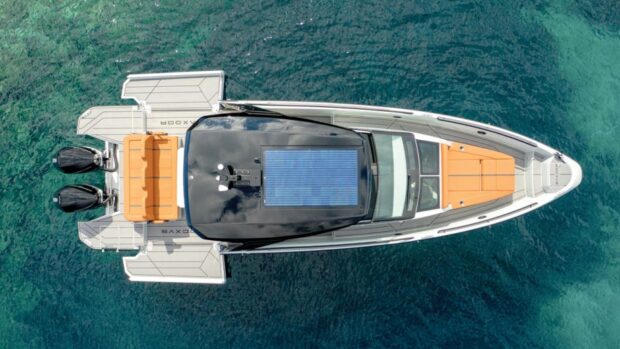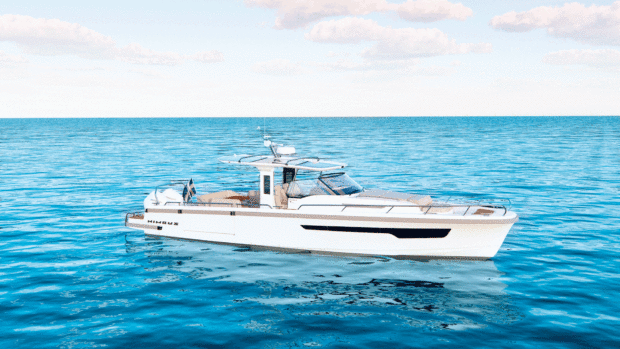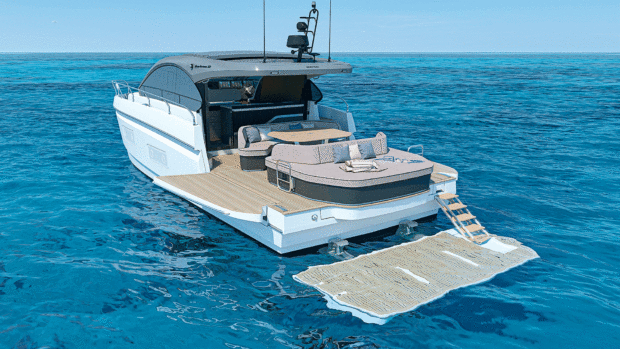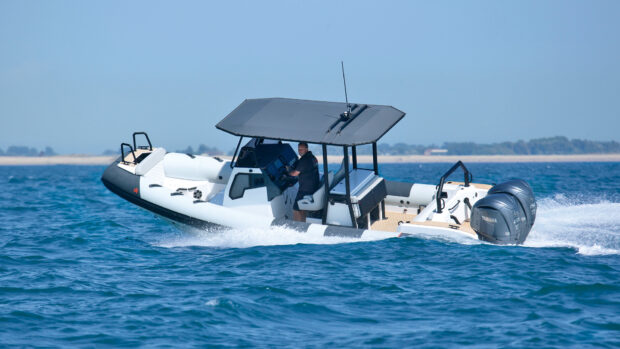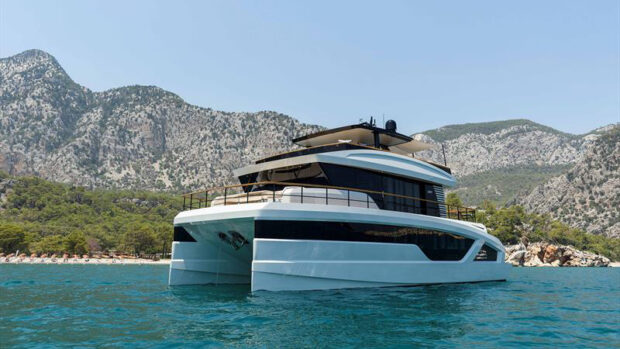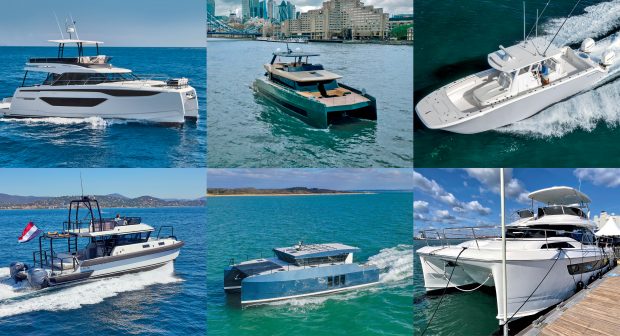Athens-based RIB Cruises has claimed that the Greek charter market is moving back towards business as usual after the recent economic woes
The financial crisis in Greece has been one of the big economic stories of 2015 so far, but it seems that the Greek charter market has come out of it relatively unscathed.
Speaking after a turbulent month for the Greek economy, Takis Marinos, general manager at Athens-based firm Rib Cruises, claimed that the situation is returning to business as usual.
“All tourist services are working as nothing happened,” he said. “Our main concern was to secure fuel supplies to maintain our fleet.
“We worked on a widespread network of gas stations all over Greece so clients could refill at different islands.”
Related news:
Takis, who operates a fleet of 46 Greek charter RIBs from 8-14m, added that while there was a rush to withdraw funds from ATM machines before the banks closed on June 28, the mood remained optimistic.
“The ATMs were crowded, like a popular night club, but people were laughing and smiling to each other.
“Our history and tradition has made Greeks famous for our hospitality,” he added. “Nothing could change our character.”
New boats threatened
However, the outlook may not be as rosy for the boat manufacturing industry within Greece, which is threatened by rising taxes and further austerity measures.
George Kranitis, head of the Greek Boat Builders Association, recently told the Associated Press that a rise to 13% VAT on new luxury yachts could sound the “death knell” for the industry.
“We’re being destroyed,” he said. “I can’t understand what these people in government are thinking.”
According to official figures, boat registrations in Greece have slumped from a high of 11,112 in 2007 to just over 2,500 in 2014.
Another key factor behind this is the rising tax on buying used boats, which has more than doubled from 10% to 23% in recent years.




